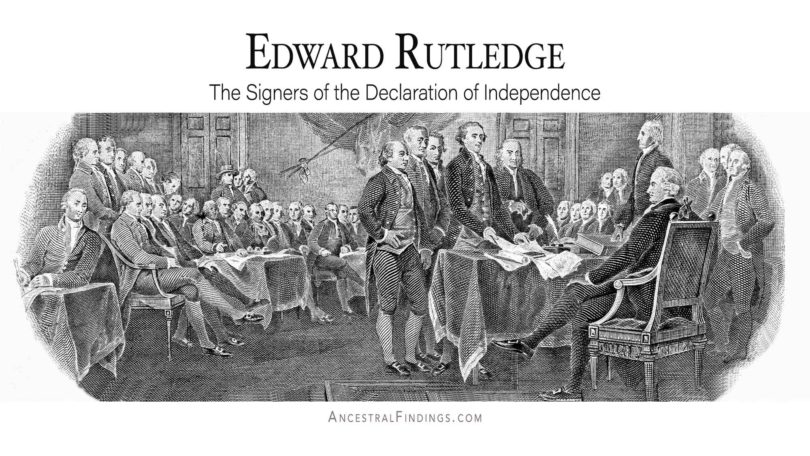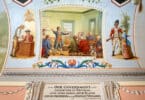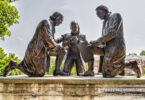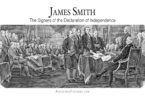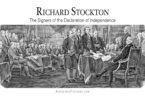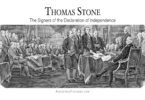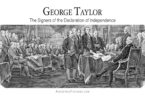Edward Rutledge was the youngest signer of the Declaration of Independence. As a delegate from South Carolina, Edward was born in 1749 in Charleston, South Carolina to Dr. John Rutledge and Sarah Hext. His dad was a doctor of Scottish and Irish descent, while his mom was born in South Carolina to parents of English descent. Like his brothers Hugh and John, Edward studied law in London at the Inns of Court in his teens and was admitted to the bar in England at Middle Temple in 1772.
When he went home to South Carolina after completing his studies, Edward set up his own legal practice in Charleston. He also got married in 1774 to Henrietta Middleton, who was the daughter of Henry Middleton. Edward and Henrietta had three children, named Henry, Edward, and Sarah, though only Henry and Sarah lived past childhood. Edward was in business as a lawyer with a partner named Charles Cotesworth Pinckney and was a leading citizen in Charleston at the height of his legal career. Edward was also a plantation owner, which was part of his family’s business and tradition, and as a wealthy lawyer and plantation owner, he owned more than fifty slaves at one point.
Edward took up a political career during the American Revolution. Along with his brother John, he served on the Continental Congress representing South Carolina. While in the Congress, he lobbied to remove African American soldiers from the Continental Army. Also, though he was in favor of the independence of the colonies from Great Britain, the South Carolina General Assembly initially instructed him to oppose the Congress’s resolution of independence. The reason being was that the Assembly was unsure the time was right for such a move. Ultimately, though, the Assembly changed its mind and allowed Edward to vote in favor of the independence resolution (which led to him signing the Declaration of Independence). At twenty-six years old, Edward was the youngest signer.
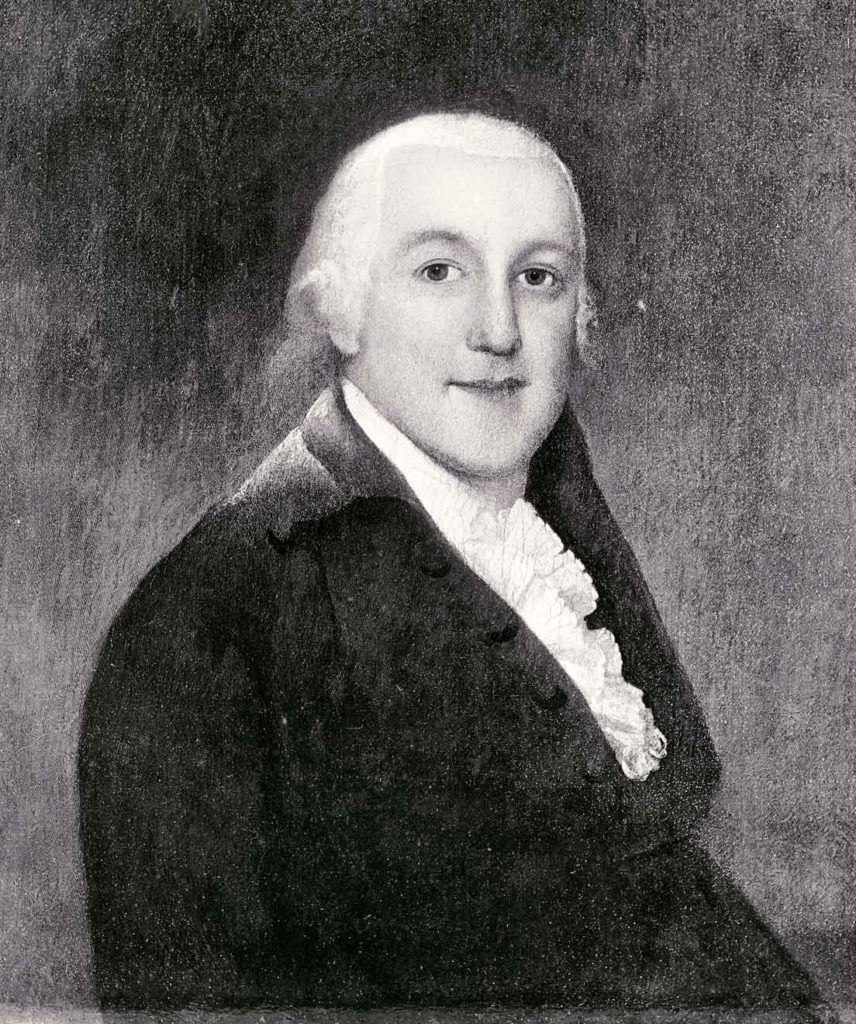
After signing the Declaration of Independence, Edward went home to Charleston in November of 1776, where he took a seat on the colony’s General Assembly. Additionally, Edward served in the South Carolina militia as the captain of the artillery and fought with the militia at the Battle of Beaufort in 1779. Edward was captured by the British Army, along with other signers of the Declaration of Independence, in May of 1780. The other signers captured along with him were Edward Middleton and Thomas Heyward. They were captured during the Siege of Charleston. Later, they were all released in July of 1781 in a prisoner exchange.
Upon being released by the British army, Edward went back to the General Assembly in South Carolina. Edward served there until 1796. While on the General Assembly, Edward was known as being active as a legislator, and eagerly advocated for the confiscation of the property of Loyalists (to the Crown) after the American Revolution. Edward was an Elector in the presidential election of 1796, where he supported the two candidates from the south, Thomas Jefferson and Edward Pinkney. John Adams was the winner of that election, and Edward was not close with him, a relationship that went back to the days two decades prior when they were both on the Continental Congress together. Despite this, he approved of the defense policies Adams instituted toward France.
Though he had voted for Thomas Jefferson, who became Vice-President of the United States in that election, he was angered by Jefferson’s opposition to Adams’s defense policies against France. Edward believed that Jefferson, along with his political party, the Democratic-Republicans, were more in favor of France than he was to American interests. As such, Edward stopped communicating with Jefferson after this.
After serving on the General Assembly, Edward served in the state senate in South Carolina for two terms and was afterward elected Governor of South Carolina in 1798.
Edward had to be sent home while attending an important meeting in Columbia, South Carolina. The reason was that he had gout and it was acting up. He crossed over to the other side shortly thereafter in early 1800, before completing his term as Governor. While the exact cause was not recorded, many believed it to have been apoplexy which was a consequence of him hearing about the recent crossing over of fellow patriot George Washington.
In popular culture, Edward is best known as being a character in the Broadway musical play, 1776. In the play, Edward is portrayed as one of two primary antagonists to heroes John Adams, Thomas Jefferson, and Benjamin Franklin (the other antagonist being John Dickinson of Pennsylvania). In the play, Edward sings a minuet with Dickinson called “Cool, Cool Considerate Men,” while Dickinson rallies the Congressional conservatives to oppose Adams’s proposed resolution for independence. Yet, unlike Dickinson, whose opposition to independence is absolute and is partially motivated by his financial interests, Edward is depicted as able to be convinced to vote in favor of it.
Edward acts as the sole voice for all of the southern colonies in the play (there are delegates from Georgia there, but they do not speak much in the show). In his signature scene, he sings a solo called “Molasses to Rum,” which gives his reasons why he believes the northern colonies are in no position to put a condemnation of slavery in the Declaration of Independence, as the north is part of the infamous “triangle trade” that allows the north to benefit from molasses and rum that are produced by slave labor in the Caribbean. He conducts a mock slave auction in the Congress during his song to demonstrate his point. After that, the condemnation of slavery is taken out of the Declaration as a condition of any southern colony voting in favor of it.
In real life, all we know of Edward’s position on slavery at the Continental Congress comes from Thomas Jefferson recording that the clause condemning slavery was opposed by South Carolina, George, and several unnamed “northern brethren.” As Edward was a delegate from South Carolina and a slave owner himself, it may be presumed he opposed the condemnation of slavery in the Declaration’s original draft, but there is nothing written that officially attributes this position to him. Also, it is recorded that he spoke several times in favor of slavery and in defense of it, on behalf of the American south, at the 1787 Constitutional Convention.

